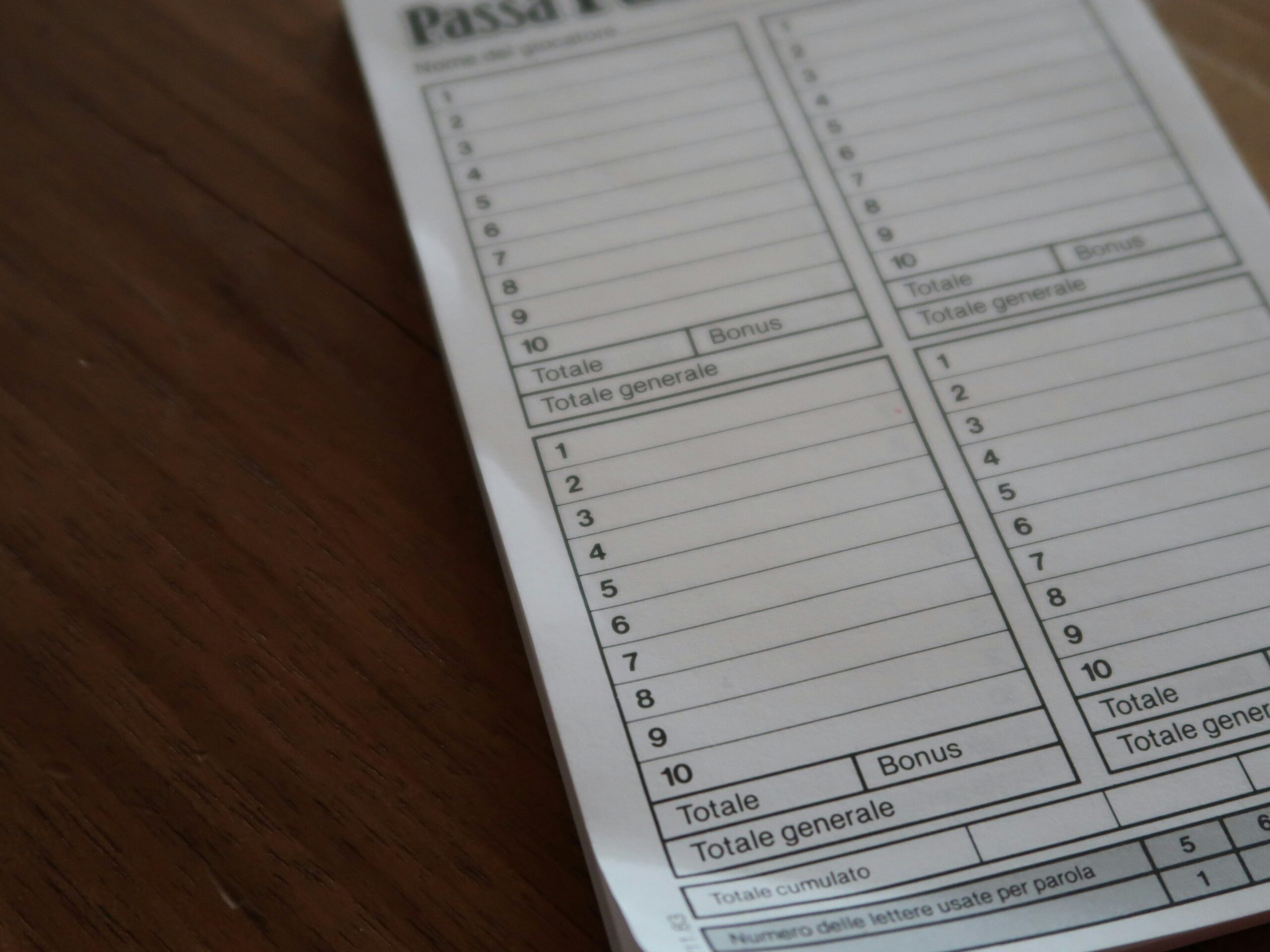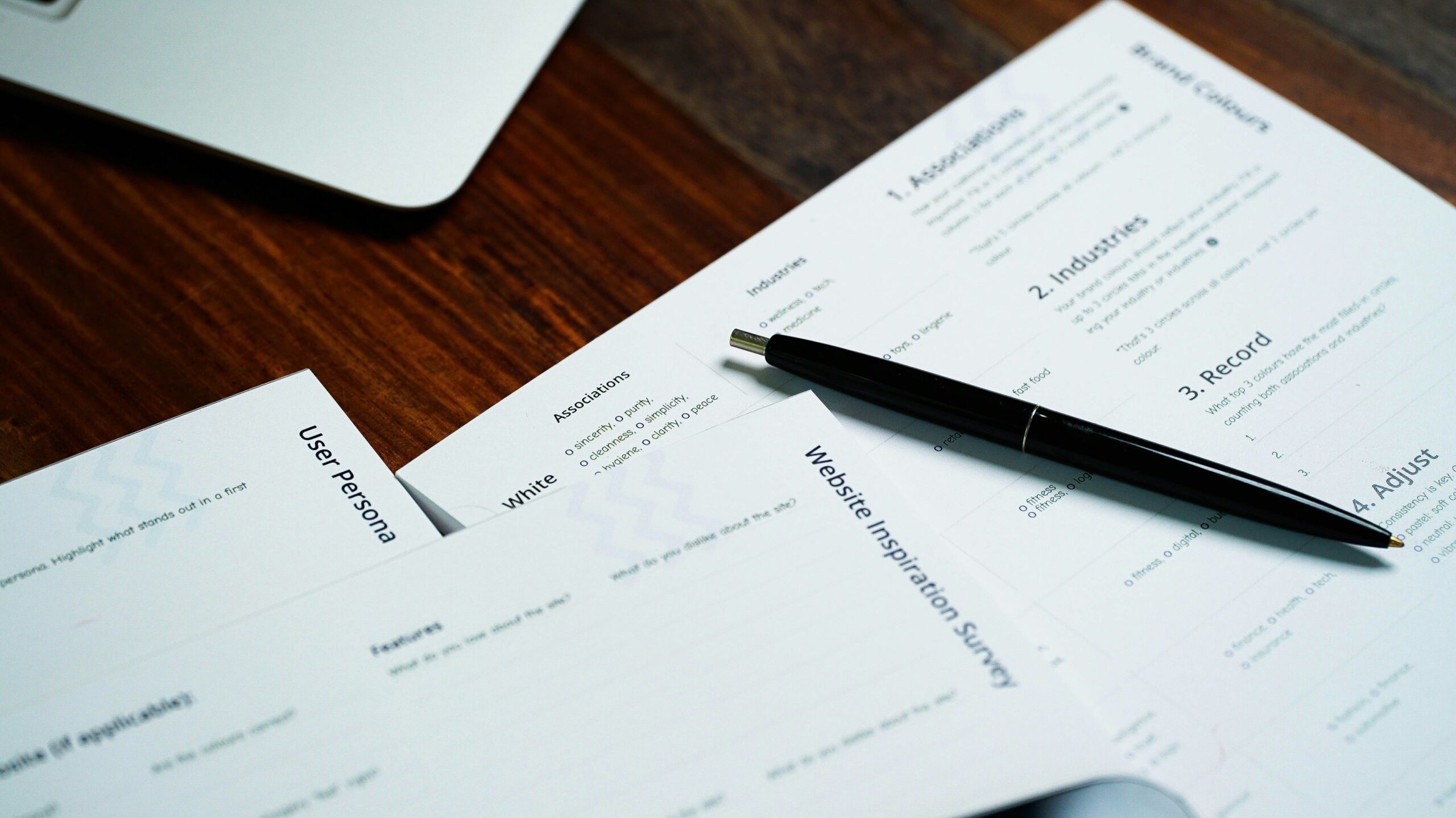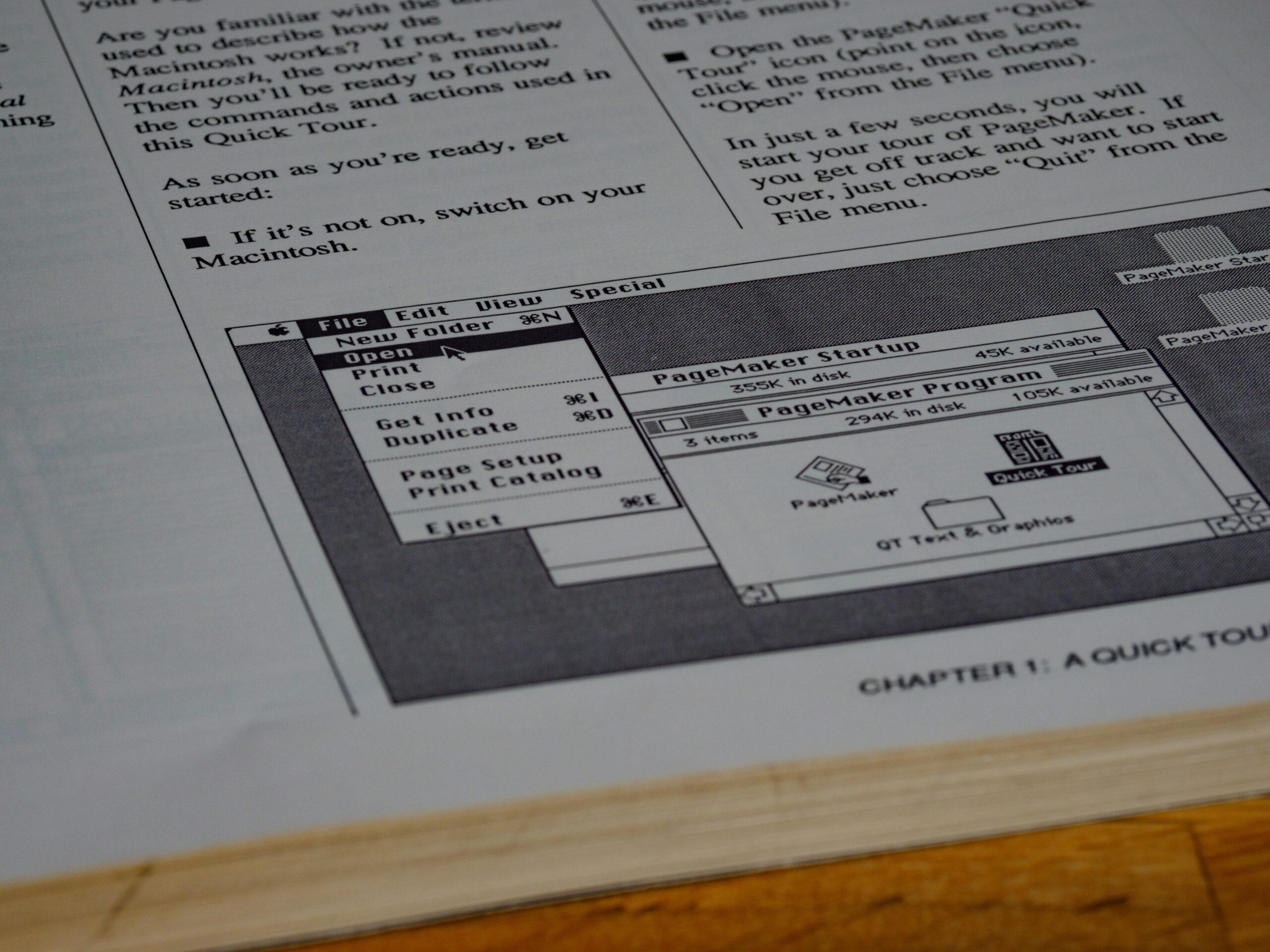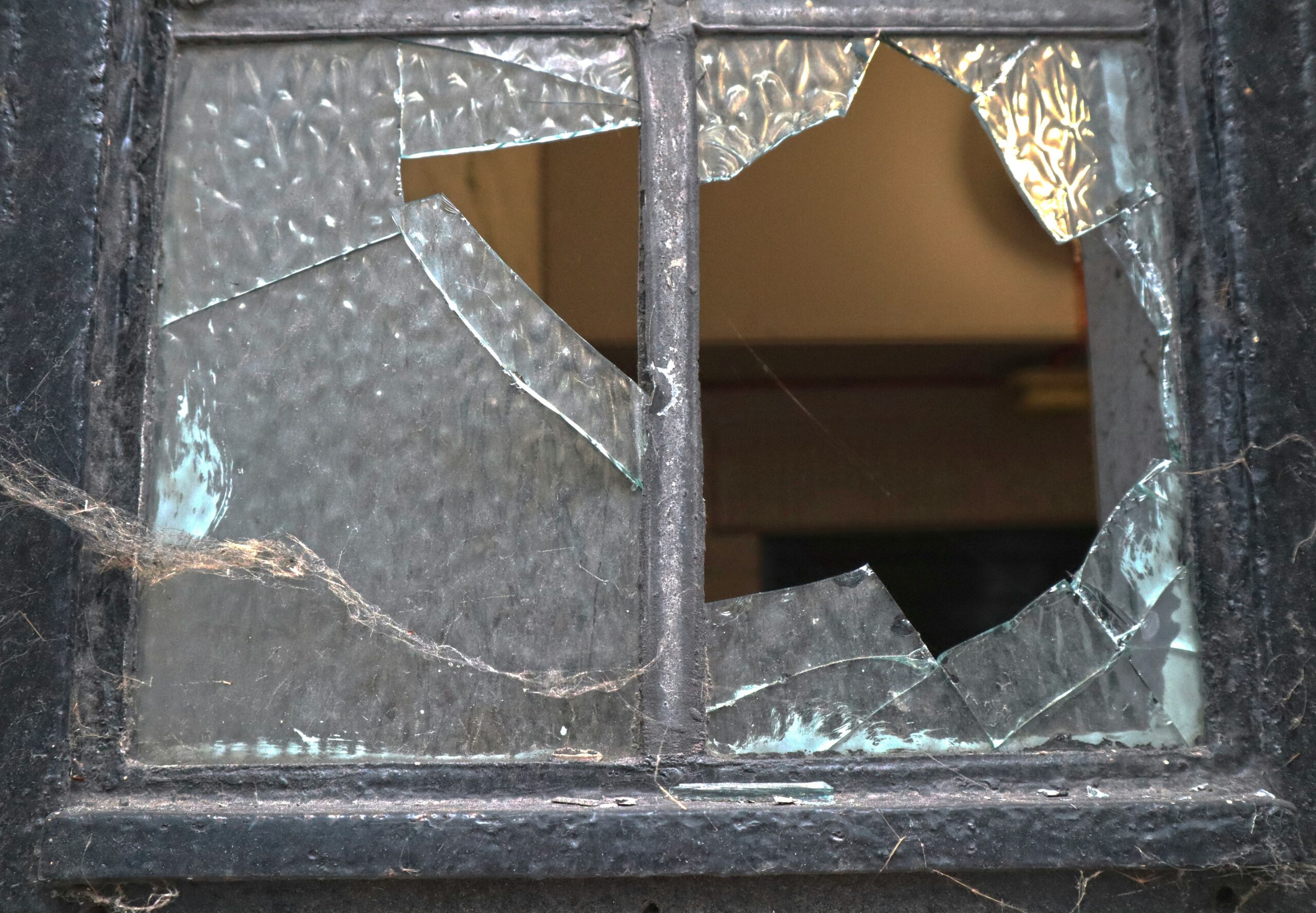Ever returned home to find your front door wide open, your favorite jewelry missing, and that sinking feeling in your stomach? Yeah, we’ve been there too.
Burglaries are not just shocking—they’re expensive. But here’s the good news: burglary insurance exists for moments like these. The problem? Many people don’t know how to properly report burglary insurance claims when disaster strikes. In this guide, you’ll learn everything from understanding your policy to filing a claim like a pro.
You’ll discover why being prepared is key, actionable steps to report your claim, insider tips, real-life examples, and much more. Let’s dive in!
Table of Contents
- Why Reporting Burglary Insurance Matters
- Step-by-Step Guide on How to Report Burglary Insurance
- Top Tips to Streamline Your Claim Process
- Real-Life Success Stories (And What Went Wrong)
- Frequently Asked Questions About Reporting Burglary Insurance
Key Takeaways
- Understanding your burglary insurance policy can save you thousands.
- Filing a police report is a critical first step before contacting your insurer.
- Organizing evidence and documents streamlines the entire process.
- Honesty is non-negotiable—exaggerating losses could void your claim.
- Sometimes, hiring a public adjuster might be worth considering for complex cases.
Why Reporting Burglary Insurance Matters
Losing possessions in a burglary isn’t just about material loss—it’s emotionally draining. And let’s face it: replacing stolen items adds insult to injury. That’s where burglary insurance comes in handy, but only if you know how to use it effectively.
A Shocking Stat: Did you know that only 17% of homeowners fully understand their insurance coverage? This lack of awareness often leads to denied claims or underpayment because they fail to follow proper protocols when reporting burglary insurance.

Step-by-Step Guide on How to Report Burglary Insurance
Let’s get into the nitty-gritty now. Here’s exactly what you need to do when reporting burglary insurance:
Step 1: Call the Police Immediately
Optimist You: “I’ve got nothing to worry about; my insurance will cover everything!”
Grumpy You: “Hold up—not until you file an official police report.”
This is non-negotiable. Insurers require proof that a crime has occurred. Without a police report, your claim won’t even make it past the starting line.
Step 2: Review Your Policy Details
Confession time: I once tried submitting a claim without reading the fine print and ended up losing out on coverage for electronics. Learn from my mistake—know which items are covered and any exclusions listed in your policy.
Step 3: Document Everything
Grab your phone or camera and take clear photos of damaged property, broken locks, or anything else related to the break-in. Sensory detail alert: Imagine the crisp click-click as each photo captures crucial evidence—it’s music to your ears later during negotiations.
Also, gather receipts, serial numbers, and appraisals of valuable belongings. Organized records = faster payouts.
Step 4: Contact Your Insurance Provider
Pick up the phone (and maybe some coffee) and call your insurer’s claims department. Be ready to explain what happened succinctly and answer questions honestly.
Top Tips to Streamline Your Claim Process
- Keep Emergency Contacts Handy: Save your insurer’s hotline number somewhere accessible.
- Create a Home Inventory List: A pre-burglary inventory saves hours post-theft.
- Don’t Wait Too Long: Most policies have deadlines for filing claims.
- Hire Professional Help If Needed: Public adjusters negotiate better settlements—but beware of fees.
Terrible Tip Alert: Don’t inflate the value of stolen items thinking you’ll “make bank.” Insurance fraud investigations are no joke, and getting caught means losing all benefits.

Real-Life Success Stories (And What Went Wrong)
Storytime! Meet Sarah, who had her house burglarized last year. Thanks to meticulous documentation of her valuables—including photos and receipts—she recovered nearly $10,000 within weeks.
On the flip side, John didn’t bother filing a police report first. As a result, his claim was delayed by months while investigators verified his story. Lesson learned: follow the steps!

Frequently Asked Questions About Reporting Burglary Insurance
What Should I Do First After a Break-In?
Call the police immediately and secure your home to prevent further damage.
Can I File a Claim Without a Police Report?
Nope. It’s required by almost every insurer. No exceptions.
Will My Premium Increase After Filing a Claim?
Possibly. However, many insurers offer loyalty discounts or forgiveness programs for first-time incidents.
How Long Does It Take to Get Paid?
Typically 30-60 days, depending on complexity and responsiveness from both parties involved.
Conclusion
Reporting burglary insurance doesn’t have to feel overwhelming. By following the steps outlined here—young Padawan—you’ll navigate the process smoothly and maximize your payout. Remember: preparation and honesty are your best allies.
Now go fortify those locks and sleep a little easier tonight.
Haiku time:
Locked doors keep thieves out,
Insurance guards your peace of mind.
Be prepared always.


